In the world of healthcare, patient safety is of paramount importance. Hospitals and other healthcare facilities are continuously striving to enhance the quality of care provided to patients, and one crucial aspect of achieving this is the effective use of hospital bed alarms. These devices play a key role in alerting healthcare providers to potential risks or emergencies and ensuring immediate intervention, thereby safeguarding patient well-being. This article will explore the benefits and importance of hospital bed alarms in healthcare settings. 1. Preventing Falls: Falls can have detrimental consequences for patients, particularly the elderly or those with mobility issues. By employing hospital bed alarms, healthcare professionals are equipped with real-time notifications whenever a patient attempts to leave or falls from their bed. Prompt intervention can then be provided to prevent injuries, reducing healthcare costs and promoting patient safety.

.
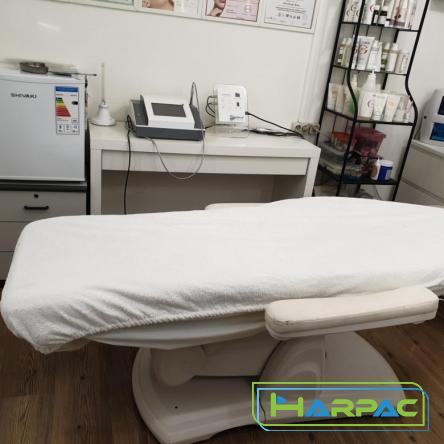 2. Reducing Restraint Usage: Hospital bed alarms act as an alternative to physical restraints, which can cause distress and discomfort for patients. By using bed alarms, healthcare providers can identify and address the underlying reasons for a patient’s restlessness or attempts to leave their bed. This approach promotes patient autonomy, dignity, and ultimately, a faster recovery process. 3. Inhibiting Wandering: Hospitalized patients with cognitive impairment, such as those suffering from dementia or delirium, may exhibit wandering behaviors. Bed alarms can help healthcare providers detect if a patient is leaving their bed without proper assistance or supervision, preventing potential injury or adverse events. These alarms can be tailored to different patient needs, ensuring that healthcare professionals can respond appropriately.
2. Reducing Restraint Usage: Hospital bed alarms act as an alternative to physical restraints, which can cause distress and discomfort for patients. By using bed alarms, healthcare providers can identify and address the underlying reasons for a patient’s restlessness or attempts to leave their bed. This approach promotes patient autonomy, dignity, and ultimately, a faster recovery process. 3. Inhibiting Wandering: Hospitalized patients with cognitive impairment, such as those suffering from dementia or delirium, may exhibit wandering behaviors. Bed alarms can help healthcare providers detect if a patient is leaving their bed without proper assistance or supervision, preventing potential injury or adverse events. These alarms can be tailored to different patient needs, ensuring that healthcare professionals can respond appropriately.
..
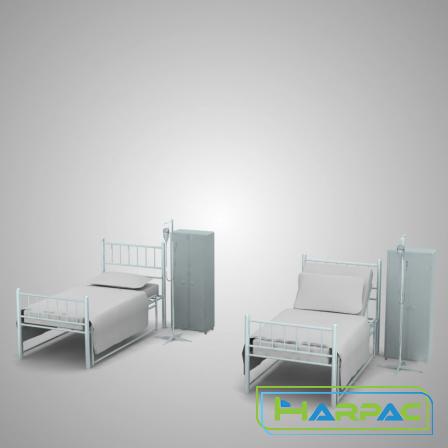 4. Early Detection of Medical Emergencies: Hospital bed alarms are equipped with various sensors that can monitor vital signs, such as heart rate, respiratory rate, and blood pressure. By continuously monitoring these parameters, bed alarms can swiftly alert healthcare providers to any sudden changes or irregularities. This early detection enables medical staff to initiate timely interventions and potentially prevent life-threatening events, improving patient outcomes. 5. Enhancing Workflow Efficiency: Hospital bed alarms streamline workflows by minimizing the need for constant bedside monitoring. Healthcare professionals can attend to other patient care responsibilities, knowing they will be instantly alerted should any issue arise. This increased situational awareness saves valuable time, allowing healthcare teams to be more efficient and responsive in delivering comprehensive patient care.
4. Early Detection of Medical Emergencies: Hospital bed alarms are equipped with various sensors that can monitor vital signs, such as heart rate, respiratory rate, and blood pressure. By continuously monitoring these parameters, bed alarms can swiftly alert healthcare providers to any sudden changes or irregularities. This early detection enables medical staff to initiate timely interventions and potentially prevent life-threatening events, improving patient outcomes. 5. Enhancing Workflow Efficiency: Hospital bed alarms streamline workflows by minimizing the need for constant bedside monitoring. Healthcare professionals can attend to other patient care responsibilities, knowing they will be instantly alerted should any issue arise. This increased situational awareness saves valuable time, allowing healthcare teams to be more efficient and responsive in delivering comprehensive patient care.
…
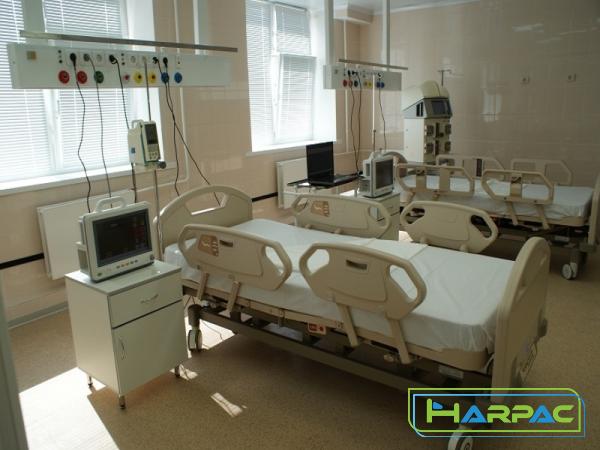 Conclusion: The implementation of hospital bed alarms has proven to be an invaluable asset in ensuring patient safety and reducing adverse events in healthcare settings. By providing real-time notifications for potential risks or emergencies, these devices play an essential role in preventing falls, reducing restraint usage, inhibiting wandering, facilitating early detection of medical emergencies, and enhancing workflow efficiency. As technology continues to advance, bed alarms will likely become even more sophisticated, integrating with other healthcare systems to further improve patient outcomes. Ultimately, investing in hospital bed alarms is a vital step towards achieving comprehensive patient safety within healthcare institutions.
Conclusion: The implementation of hospital bed alarms has proven to be an invaluable asset in ensuring patient safety and reducing adverse events in healthcare settings. By providing real-time notifications for potential risks or emergencies, these devices play an essential role in preventing falls, reducing restraint usage, inhibiting wandering, facilitating early detection of medical emergencies, and enhancing workflow efficiency. As technology continues to advance, bed alarms will likely become even more sophisticated, integrating with other healthcare systems to further improve patient outcomes. Ultimately, investing in hospital bed alarms is a vital step towards achieving comprehensive patient safety within healthcare institutions.
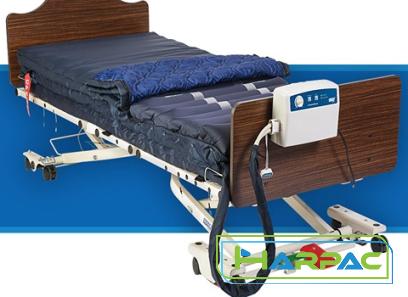
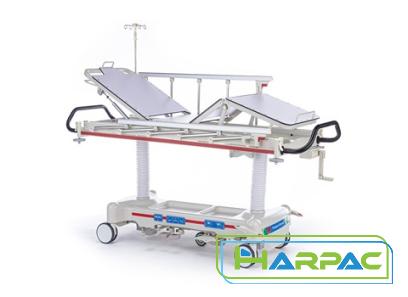
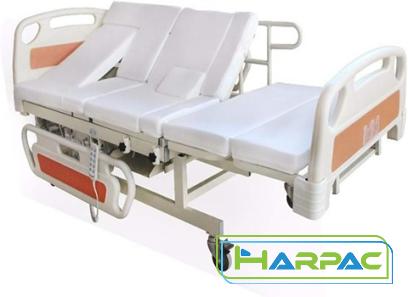
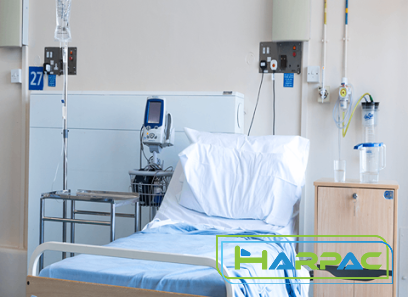
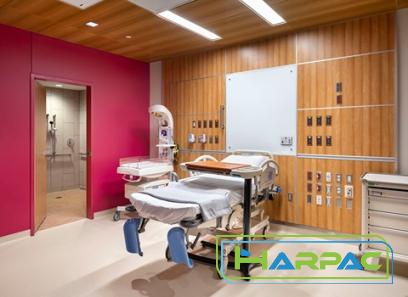
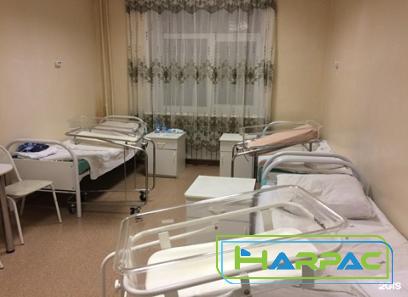
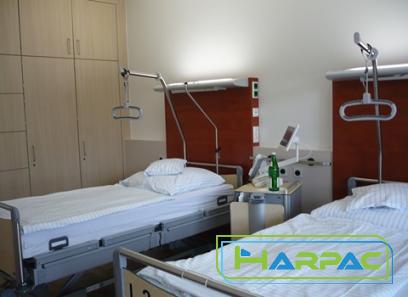

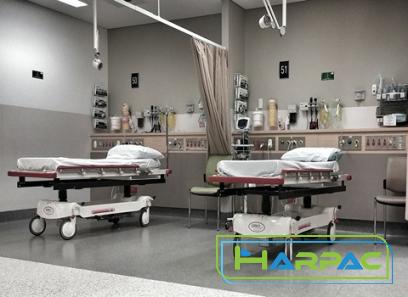
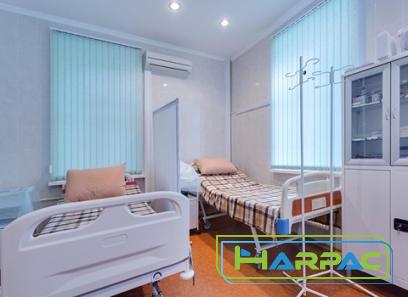
Your comment submitted.